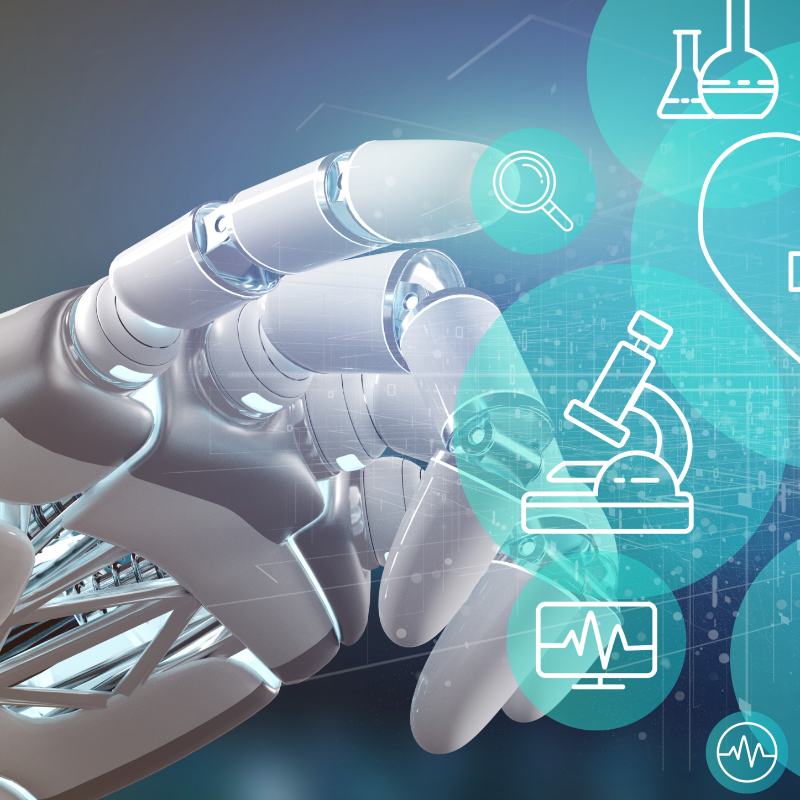
More and more DIY tools
More and more tools are appearing on the market for DIY health trackers. We have gradually become used to the smart watches that measure our heart rate and activity. What is new is that some of these also say they measure blood pressure. There are also smart blood pressure monitors, but it is no more than that they send our data wirelessly from a band around your arm. The cleverness lies in the apps that analyze this data and display it in beautiful graphs and that of course alarm if the values deviate too much.
One of the new DIY tools is a primary school for children, which immediately analyzes whether the children suffer from too high or low blood sugar. This information is also sent to an app and analyzed.
App to analyze eyes for disorders yourself

In the field of eyes, it is now possible to take a photo of your eye with a smartphone with a high resolution and have it analyzed by the app of some ophthalmologists. When detecting abnormalities that could indicate eye diseases, this app immediately provides a list of eye doctors in the area. Sometimes you can immediately schedule an appointment yourself. The big advantage is that you can check your eyes periodically. Something that would not be feasible and very expensive for ophthalmologists. Customers appreciate this service very much (3), hospital employees are less interested in this, because they miss real contact (-1) and employees of healthtech companies think making these apps is fantastic (3).
App to check your skin yourself

There is a similar functionality for skin spots. The app scans the skin and remembers suspicious spots. If the automatic analysis warrants it, they will be referred to dermatologists in the region. The quality of the scans is not yet perfect. That is why sometimes better scanning equipment is used at local health centers. The step here is much more accessible and the scan can be made there by a GP assistant. Customers like that they can go quickly and not have to travel far (3). GP assistants find it a fun and useful addition to their work (2).
Sleep tracker to register your sleep pattern yourself

Sleep centers now often work with equipment that must be fitted in the hospital. The patient then has to stay the night in the hospital or can go home and return the next day. With sleep trackers on your smartphone, this is very easy to do yourself at home. This equipment also affects sleep much less, so the outcomes are sometimes even better. It is also good for the environment (1), as there is less need to drive back and forth.
Customer satisfaction with the use of all these tools scores very high (3). It must be said that the tools are only used by a relatively small group. There are also many people who do not yet use a DIY tool at all. Employees of healthcare institutions often appreciate the use of these tools less (-1), because they risk losing part of their work and because the effect of the tools has often not been scientifically proven. Techies think they are cool projects to work on (3).
Analysis of sleep data
If the sleep trackers are going to be used a lot, a wealth of data will be collected. By analyzing these data, specialists expect to be able to predict many disorders and provide targeted sleep and lifestyle advice. Clients with sleeping problems consider this a very good development (3). Hospital employees are afraid of losing even more work (-1), while employees of data companies really enjoy this work (3).
